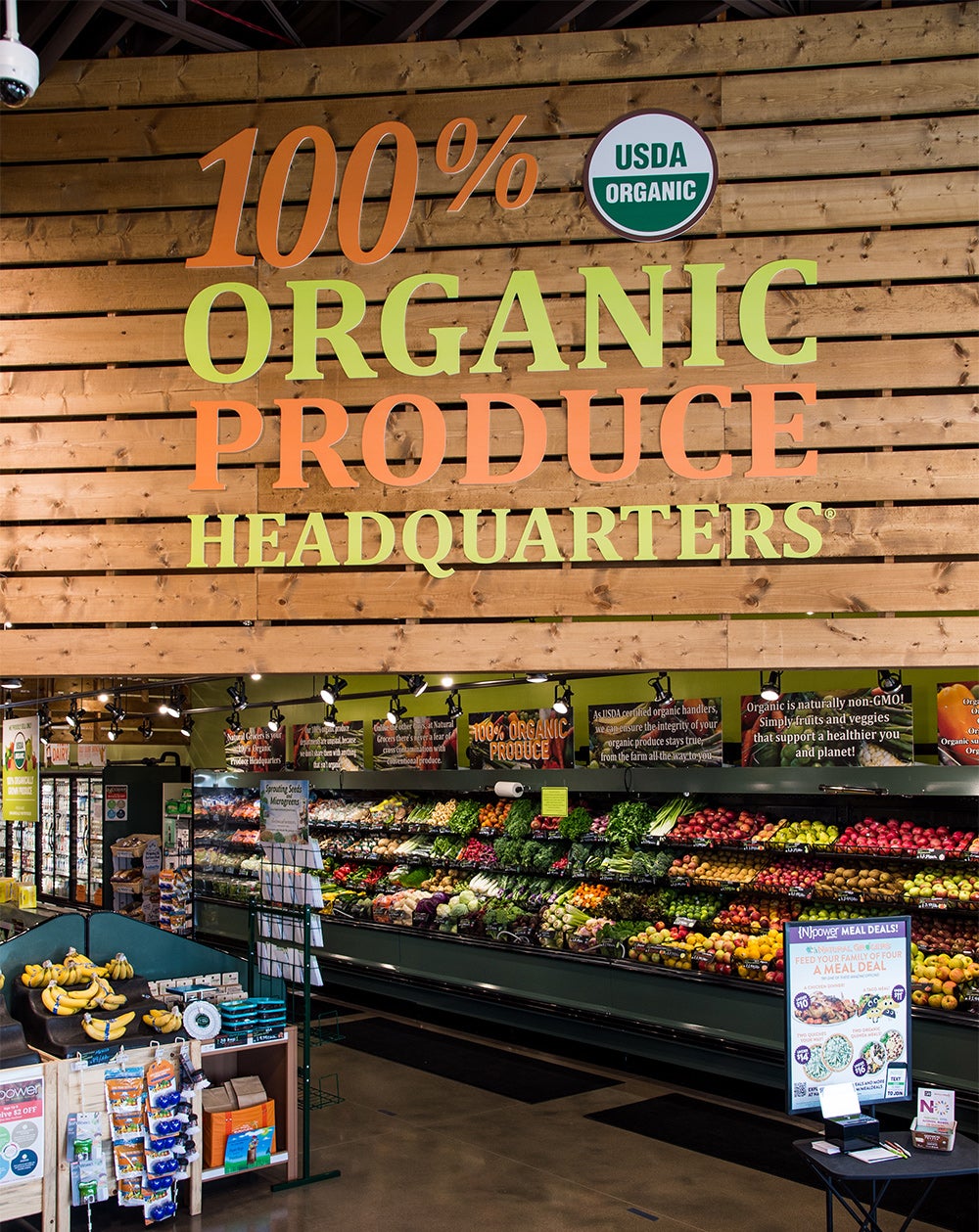What We Can Learn From Natural Grocers’ 65 Years of Success
November 18, 2020 6 min read
When Heather Isely and her siblings were plotting out how to commemorate the 65th anniversary of their family run organic-market chain, Natural Grocers, they envisioned all manner of dynamic in-person promotions. It only made sense, given the Lakewood, Colorado-rooted company’s decades-long immersion in the towns and cities surrounding its more than 150 locations across 20 states.
“We adapt to the communities we go into,” confirms Isely, who serves as executive vice president of Natural Grocers, which her parents, Margaret and Phillip Isely, started in 1955 with a single location. “We try and figure out what the community is interested in and how we can help them.”
Alas, the year-long celebration has, like virtually all other customer engagement around the world, rematerialized through online entreaties. In Natural Grocers’ case, that means interactive offerings such as an online Sundae Fundae Photo Contest and Baking Mixes Instagram Giveaway, the latter of which is still actively accepting entries. But that only underscores how Natural Grocers has endured for the better part of a century, despite the existential threat that is Whole Foods and, more recently, insurgents à la L.A.’s celeb-spotting produce paradise Erewhon.

Image credit: Natural Grocers
Isely knows this is a scary time for all business owners, and she considers herself no exception. That’s why she took a respite from the breakneck pace of overseeing her mini-empire to hop on the phone and offer perspective on how Natural Grocers has weathered decades of ups and downs and plans to persevere — and how you can, too.
Related: This Couple Trusted Their Gut to Reinvent an Organic Grocery Store
Know your principles
It sounds like common sense, but if it was, then Natural Grocers would have a lot more competition than it does. Isely refers to how her parents built their business atop what they called the “Five Founding Principles,” stating definitively that, “The business wouldn’t exist if we didn’t have those.” Isely says she and her siblings grew up with the quintet of cornerstone ideals as part of their life’s education and immediately turned to them for guidance when the pandemic hit: “Our commitment to nutrition education meant we did a lot of research from the very start about how to protect our community and our crew. We really just drive our business practices with that commitment, and that’s how we’ve maintained.”
Get out of your bubble
You can’t just presume to know what’s best for your customers and community or what’s emerging in the marketplace. You have to be completely engaged. “We’re always soliciting feedback and looking at the trends within our space,” Isely seconds. “We continuously get feedback on ingredients, questions about ingredients that are in our products and appreciation for our very high standards for quality.”
Don’t rest on your marketing laurels
Whole Foods and other mega-budget enterprises notwithstanding, organic grocers aren’t always the most visionary when it comes to multimedia. That’s a disconnect Natural Grocers has keenly exploited via robust social media channels that are regularly updated with purpose and personality. And to its credit, that was a coordinated effort.
“We did a search for a new VP of marketing, and part of what we were looking for was someone who knew a lot about social media,” Isely explains. That search led to Kevin Miller, now chief marketing officer, who Isely says “put together a team to start being more engaged.”
“We knew it was the future,” Isely continues. “The writing was on the wall. We really needed to look at that side of what we do, because we just didn’t have it. And you always want data, so the more digital something is, the more data you can get.”
Related: Breakfast Cereals Pivot To Plant-Based, High-Protein, Low-Sugar Options
Be willing to be humbled
Natural Grocers experienced its first-ever store closure in 2018, when one of two Tulsa locations shut its doors. What could have been a blow to the executives’ collective ego was instead a chance for reflection. “There was an acknowledgement that it wasn’t the best site, and that maybe Tulsa didn’t need two stores,” recalls Isely. “It was an insight into different parts of the country and how we should approach some of that site learning. We’ve engaged with companies to provide us with data to try and figure out where we should open stores. All you can do is continue to get that data so that you can refine it. I don’t know that we were disappointed, but we learned a lot.”
Learn from the past
This may be Natural Grocers’ biggest built-in advantage, but plenty of legacy brands have failed to capitalize on institutional memory. Isely and her siblings, however, were permanently impacted by the careful calculations their mom and dad made in the early days.
“From the very beginning, the business had to overcome a lot,” she shares. “In 1955, [natural food] stores were not by any stretch of the imagination even close to being mainstream. They were very fringe. And [our parents] didn’t choose a wealthy community [to open]. They really went door to door and lent out these books on nutrition and would return a week to two later to discuss the principles of nutrition and take orders for books, food supplements and bread. Throughout most of our history, we’ve fought to preserve the nation’s access to dietary supplements and accurate information.”
It comes back, Isely concludes, to those Five Founding Principles. “It’s how we make decisions together,” she says. “And we have to have consensus in order to move forward. Sure, at times that can be contentious, but if you believe in the same thing and you believe in what you’re doing, I think it helps you create that company culture and all pull in the same direction at the same time.”
https://www.entrepreneur.com/article/359748